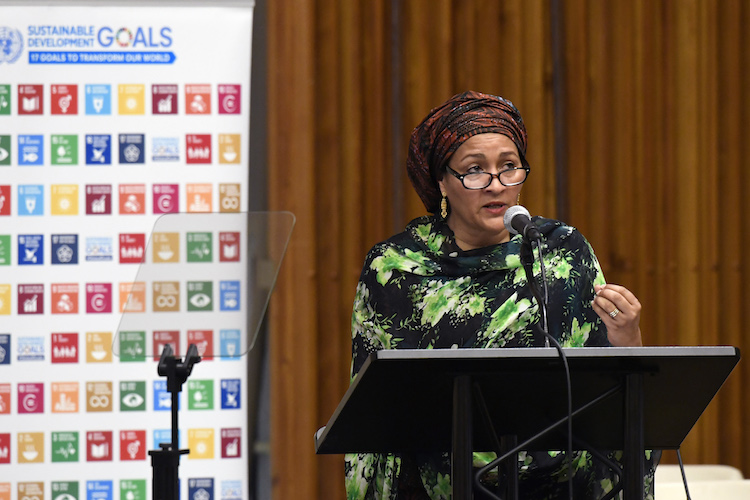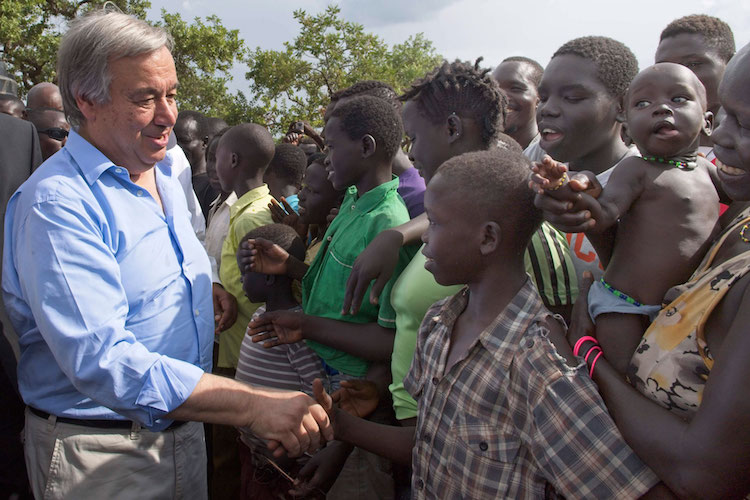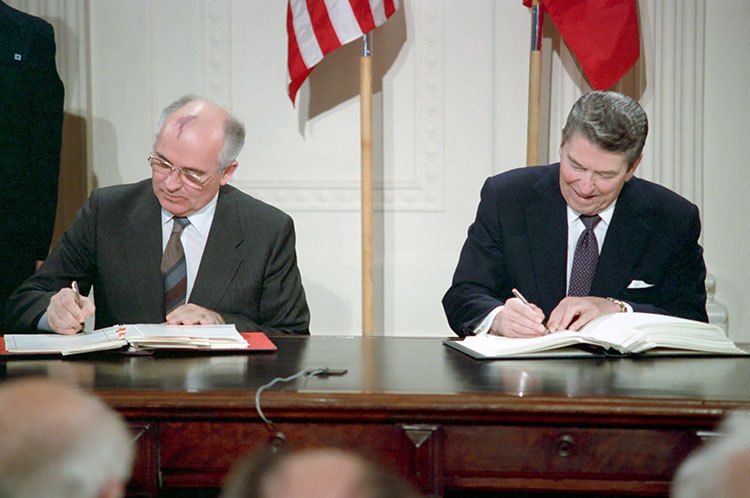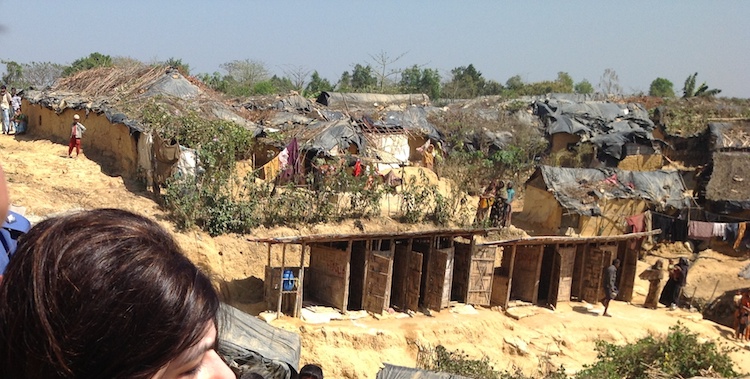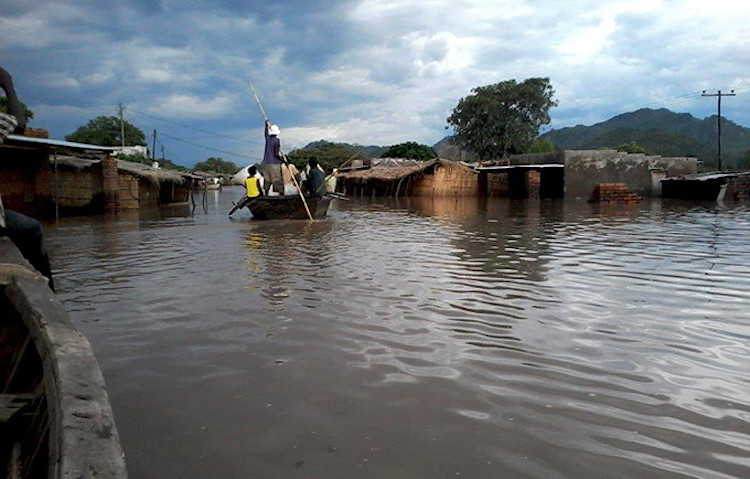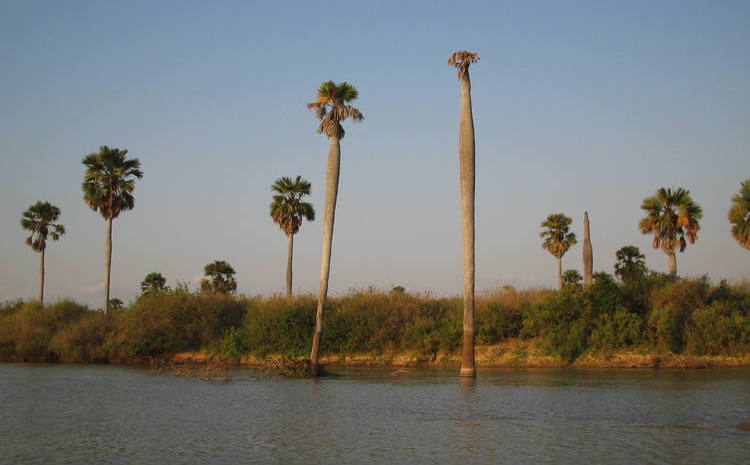By Dr Palitha Kohona*
COLOMBO (IDN) – It was another sunny September morning. The sky was a brilliant blue. As I gazed out of my kitchen window while having breakfast, in Mid Town Manhattan, the twin towers were glistening in the morning sun. I noted, as I often had, that they were still there, a familiar reassuring sight. The cute young blonde in the apartment across the street was drying her wet hair, as usual, by her plate glass window. The walk to the UN and my office on the 32nd floor of the Secretariat was uneventful. Not that I expected anything untoward to happen. A pre-scheduled closed-door management meeting began on time.


